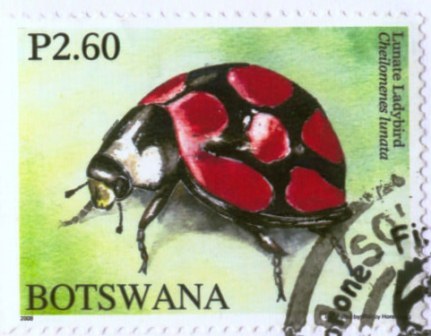Ladybirds are well known beneficial arthropods found in many habitats and ecosystems. They feed on various kinds of pest insects. In fact, coccinellids during their adult and larval stages attack on a variety of soft bodied herbivorous pests, including aphids, whiteflies, psyllids, and scales. Moreover they ingest fungal spores, pollen and nectar as complementary or even alternative foods when the preys are rare. In this study, the influence of sublethal concentrations (LC10 and LC30) of a neonicotinoid insecticide, thiamethoxam, was evaluated on life parameters of Hippodamia variegata Goeze (Coleoptera: Coccinellidae), Results showed that thiamethoxam changed life expectancy, and declined age-specific fecundity. The insecticide decreased preadult development time significantly, but it didn't have any effect on adult developmental period. Also, Eggs fecundity and fertility were not changed by treatments. According to this study, more care should be taken when thiamethoxam is used in IPM programs.
Source:
Shima Rahmani et al. (2013) International Research Journal of Applied and Basic Sciences 4 (3): 556-560

- Log in to post comments
